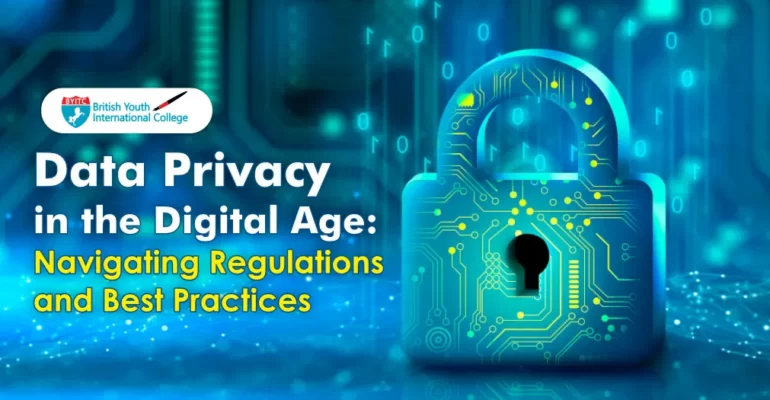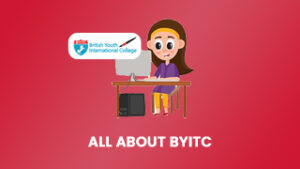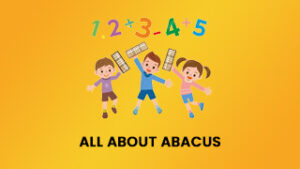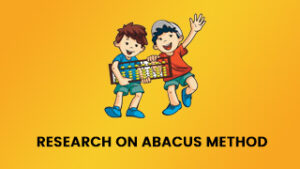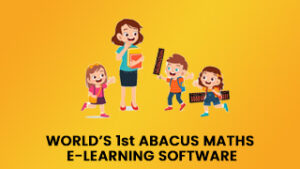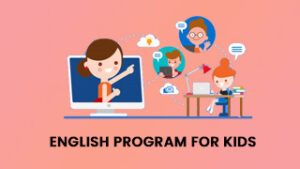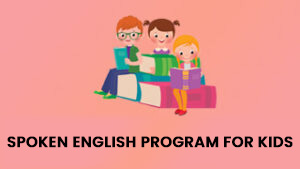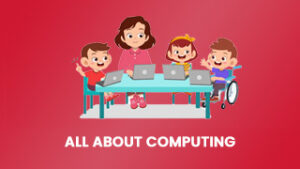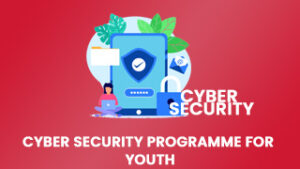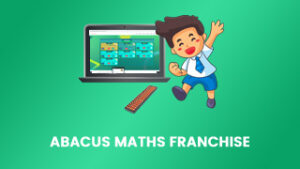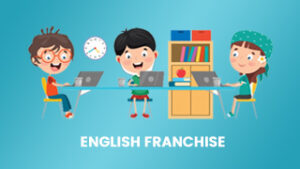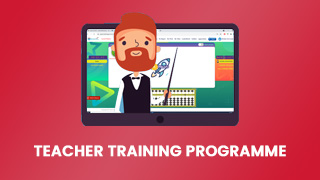Data Privacy in the Digital Age: Navigating Regulations and Best Practices
October 30, 2023 2024-04-10 15:48Data Privacy in the Digital Age: Navigating Regulations and Best Practices
In the digital age, online coding classes for kids have become a popular way to introduce children to the world of programming and computer science. These classes offer a wealth of educational opportunities, but they also raise concerns about data privacy. Parents and educators must navigate a complex landscape of regulations and best practices to ensure the safety and privacy of young learners.
Data Privacy in the Digital Age
Online coding classes have gained traction for several compelling reasons. They provide children with valuable skills that are increasingly important in today’s technology-driven world. Learning to code not only enhances problem-solving abilities but also fosters creativity and logical thinking.
Moreover, online coding classes offer flexibility and accessibility. Kids from diverse backgrounds can access high-quality educational resources, and parents can tailor learning experiences to their child’s pace and interests.
Data Privacy Concerns
While the benefits of online coding classes are evident, data privacy concerns loom large. When children engage in these classes, they often share personal information, such as their names, ages, and sometimes even their progress in the lessons. This data can be highly valuable to educational platforms and, in some cases, third-party advertisers.
Here are some of the key data privacy concerns surrounding online coding classes:
- Collection of Personal Information: Online coding platforms may collect personal data during registration and usage, such as names, ages, and email addresses. This information can be used for marketing purposes or even shared with third parties if not properly protected.
- Behavioral Tracking: Some platforms use cookies and other tracking technologies to monitor children’s behavior online, which can lead to the creation of detailed profiles. This data can be exploited for targeted advertising.
- Security of Data: Ensuring the security of children’s data is paramount. Weak security measures can lead to data breaches, putting sensitive information at risk.
Regulations and Legal Protections
To address these concerns, various regulations and legal protections have been put in place to safeguard children’s data privacy online. The most notable of these is the Children’s Online Privacy Protection Act (COPPA) in the United States. COPPA imposes strict requirements on websites and online services directed towards children under the age of 13, including obtaining parental consent for data collection and outlining data protection practices.
However, COPPA is just one piece of the puzzle. The General Data Protection Regulation (GDPR) in Europe also has implications for online services that process the personal data of children. Additionally, individual states and regions may have their own privacy laws and regulations that need to be adhered to.
Best Practices for Ensuring Data Privacy
In addition to regulatory compliance, there are several best practices that online coding class providers, parents, and educators can follow to protect children’s data privacy in the digital age:
- Transparency: Ensure that privacy policies are clear and easily accessible. Parents and children should understand how data is collected, used, and protected.
- Parental Consent: Obtain explicit parental consent before collecting any personal information from children, especially for those under the age of 13.
- Data Minimization: Only collect data that is necessary for the educational purposes of the platform and delete it when it is no longer needed.
- Security Measures: Implement robust security measures to protect data from unauthorized access or breaches.
- Regular Audits: Conduct regular privacy audits to identify and address potential vulnerabilities and risks.
- Educational Initiatives: Educate both children and parents about the importance of data privacy in the digital age and how to protect their personal information online.
Online coding classes for kids offer tremendous educational value, but they also bring data privacy concerns to the forefront. Navigating the complex landscape of regulations and best practices is essential to ensure that children can learn in a safe and secure online environment. By combining legal compliance with responsible data handling practices, we can strike a balance that allows kids to explore the digital world while safeguarding their personal information in the process. In this way, we can harness the benefits of technology without compromising our children’s privacy.
Related Articles
What Age Should A Child Start Coding?
How to Learn Abacus Maths through Games?
How does Abacus Help Children do Better in Future Career Endeavours?
What is the Impact of Digital Game-based Abacus Learning on Students’ Performance?
Coding Classes in Hyderabad | Kids Coding Classes Ahmedabad | kids coding Classes in Mumbai | Coding Classes in Bangalore | Coding Classes Kolkata | Coding Class in Chennai | Coding Class in Surat | Coding Class in Pune | Coding Class in Jaipur | Coding Classes Online | Coding Classes Near Me | Coding Classes in School | Coding Classes for Kids Near Me | Coding Classes in Kota | Best Coding Classes in Mumbai | Coding Class for Kids Near Me | Coding Class Near Me | Coding Classes Near Me | Best Coding Class Near Me | Coding Class in Indore | Cyber Security Classes Near Me | Coding Class in Bhopal | Programming and Computer Science in India |

